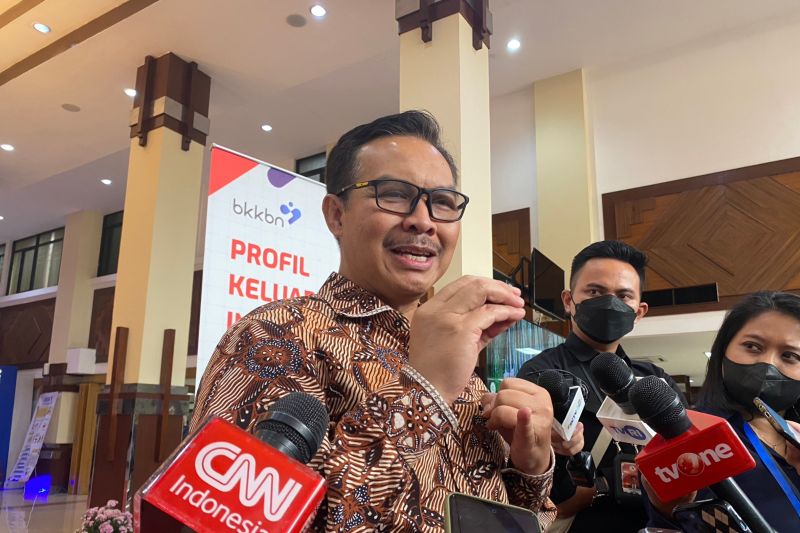“We are stuck on that one food issue, but do (attractively packaged snacks) meet the balanced nutrition or micronutrients that children need? I see that those foods (such as junk food) that claim to contain animal proteins are more expensive,” Wardoyo remarked here on Wednesday.
He noted that in Indonesia, misunderstandings abound regarding family diet, such as giving a child whatever food he or she demands.
There is also a presumption that children will stop crying if they are given sugary beverages. However, the BKKBN head clarified that sugar-added drinks can lower children’s appetite, thereby decreasing their intake of micronutrients.
Wardoyo emphasized that parents should think twice about allowing children to consume instant food and snacks sold in schools, such as the recently notorious liquid nitrogen-infused snack and also cilok (savory tapioca ball) due to their contents.
According to the agency head, some of these snacks are claimed to contain meat or fish but the carbohydrate content can be higher.
Another prevalent practise is giving noodles to children without eggs which means they consume more carbohydrates but less protein.
Hence, Wardoyo said parents and snack sellers should be concerned about children’s nutritional intake. He advised parents to present food in innovative ways instead of buying instant food from stores.
“We have to go back to basics, back to our local food,” he stressed.
His appeal aligned with President Joko Widodo’s message to utilize more local products and animal proteins, such as chicken meat, fish, and eggs, for children’s meals.
Wardoyo also advised all prospective parents to learn to nurse their children. Basic knowledge in nursing is crucial, as it will affect children’s growth and development in the future, he emphasized.
Related news: Minister Effendy highlights innovation to reduce stunting
Related news: Blood-booster tablets essential to prevent stunted growth: Minister





































